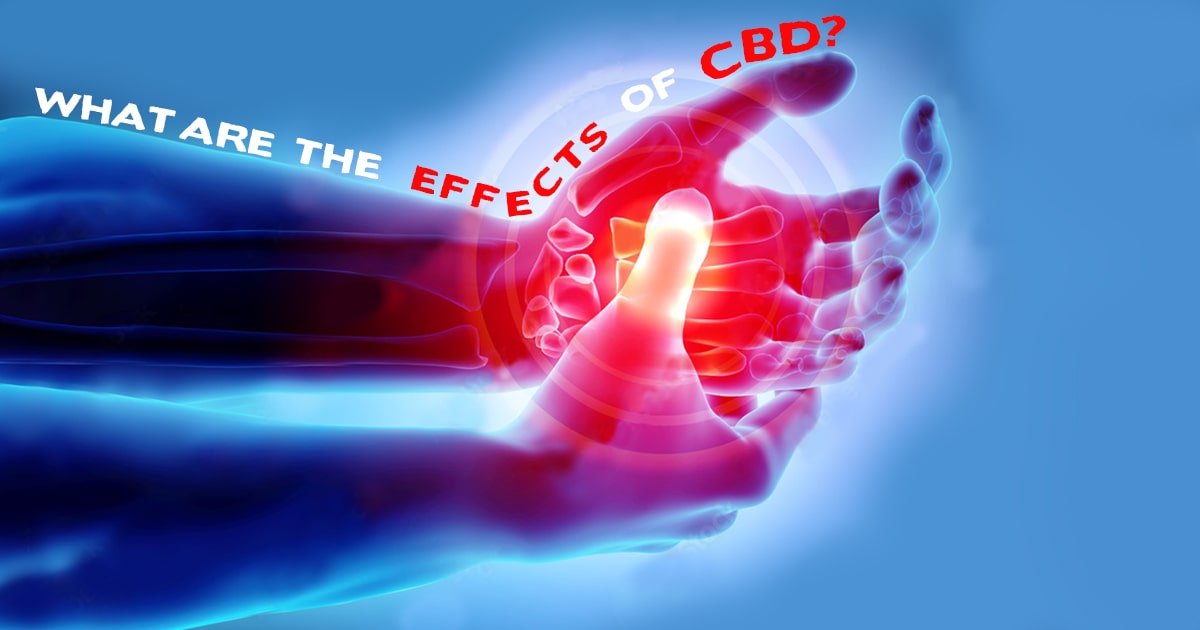How Effective Is CBD Oil For Managing Chronic Pain?
Cannabidiol (CBD), over the years, has become a popular painkiller. By understanding this compound very closely, the stigma associated with it can be overcome amongst those who have a vague understanding of it. In this particular article, we look at how CBD oil works and how people have been using it to relieve chronic pain.

What Exactly is CBD?
Cannabis is the plant from which CBD oil India is made. People claim to have found relief from pain, anxiety, depression, and sleep issues using this oil. There are varieties of cannabis plants available such as hemp and marijuana. There are various concentrations of chemical components present in many cannabis plant species, including hemp and marijuana.
Industrial hemp products, which typically have a higher CBD concentration than marijuana, is where the majority of CBD oil comes from. Different techniques are used by CBD oil producers to extract the substance. People use CBD oil in many different ways and in a variety of strengths. It is essential to see a doctor before consuming CBD oil.

What are the Effects of CBD?
One of more than 100 substances known as cannabinoids that can be found in cannabis is CBD. Another popular compound present in the same plant is THC. However, only cbd capsules for pain or CBD derived from the hemp strain having 0.3% THC is legal to consume. Because CBD does not bind to the same receptors as THC, it does not result in the same euphoric "high" as other cannabinoids like tetrahydrocannabinol (THC). The effects of CBD, which is a completely distinct chemical from THC, are quite complicated.
The body is influenced to use its own endocannabinoids more effectively, yet it does not cause a "high" or impede functioning. In addition to influencing the ECS when combined with other cannabinoids, CBD also affects numerous other receptor systems in our body.
An endocannabinoid system (ECS) in the human body receives and interprets signals from cannabinoids. Endocannabinoids are some of the cannabinoids our body makes on its own. Sleep, immunological reactions, and pain are just a few of the processes that the ECS assists in controlling. THC affects the brain's endocannabinoid receptors when it enters the body, which causes a "high" experience. Dopamine and other feel-good chemicals are produced as a result of the brain's reward system being activated.
CBD can boost the body's anandamide levels, which are linked to pain regulation and can lessen pain perception and elevate mood. Additionally, cannabidiol may decrease inflammation in the brain and nerve system, which may be advantageous for people who struggle with pain, sleeplessness, and specific immunological reactions.

Benefits of CBD oil for Easing Chronic Pain
Pain Relief: The National Centers for Complementary and Integrative Health (NCCIH) reports that some research points to the possibility that CBD or cannabis oil may offer only minor relief from chronic pain. According to the research, CBD may be helpful for easing chronic pain, enhancing sleep, and decreasing inflammation, but these effects are condition-specific. To identify the therapeutic potential of CBD and to establish safe and effective dosages for pain, more research is required.
Neuropathic pain: Pain brought on by nerve injury is referred to as neuropathic pain. This kind of discomfort is typical of conditions like multiple sclerosis, traumas like herniated discs, and infections like shingles. As per the research, CBD reduces human chronic neuropathy pain. To fully comprehend the role of CBD in the management of chronic neuropathic pain, including the dangers, advantages, and recommended dosages, more research is required.
Conclusion
Due to some prohibitions on cannabis usage and study, there is little data from human studies to substantiate the advantages of CBD oil. Cannabis research is advancing now and producing some encouraging findings as it becomes legal in more and more places.






















